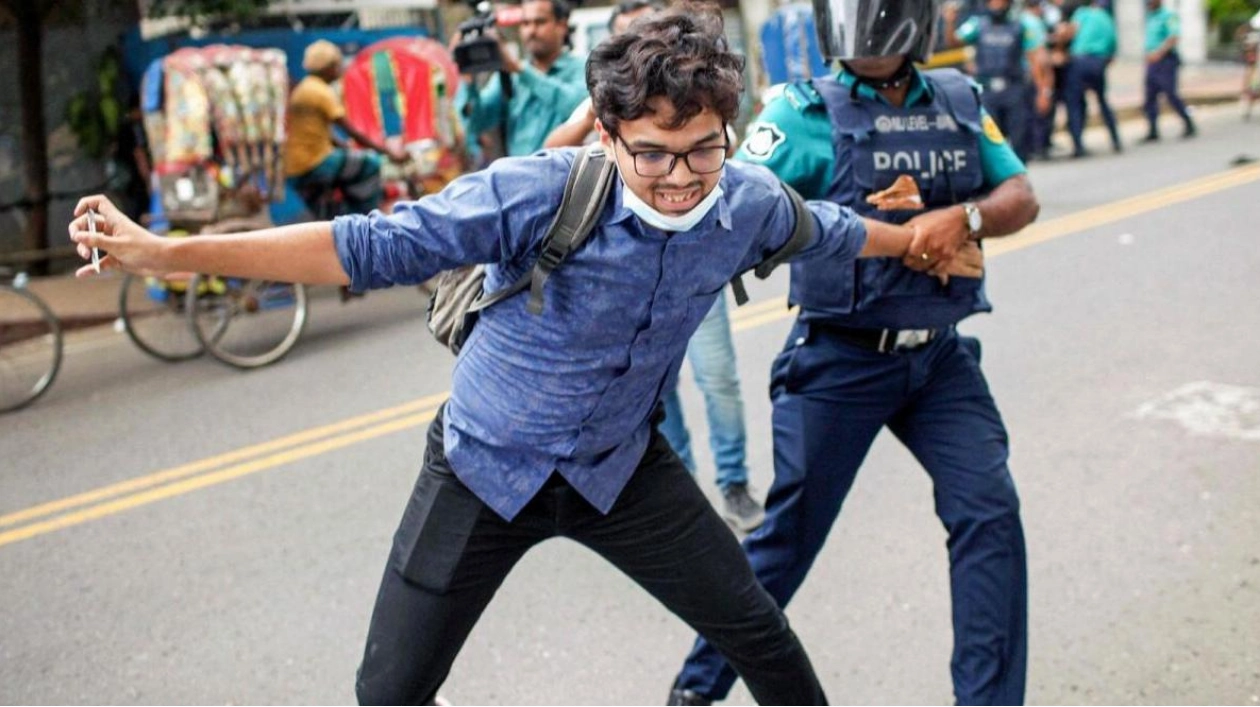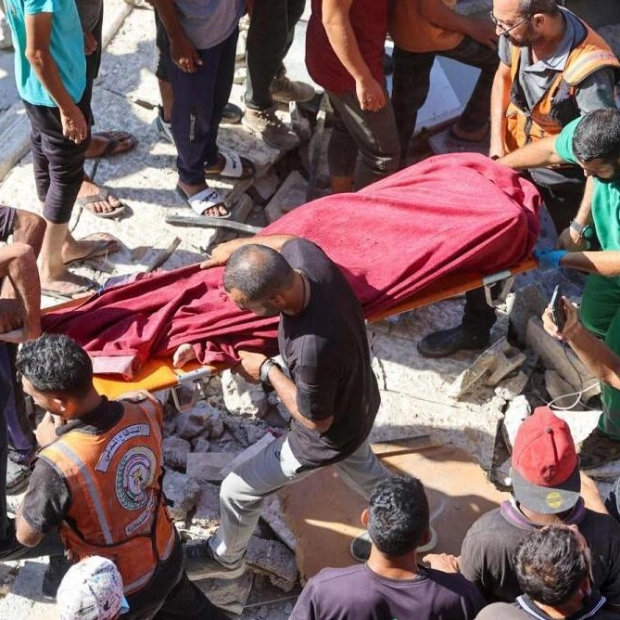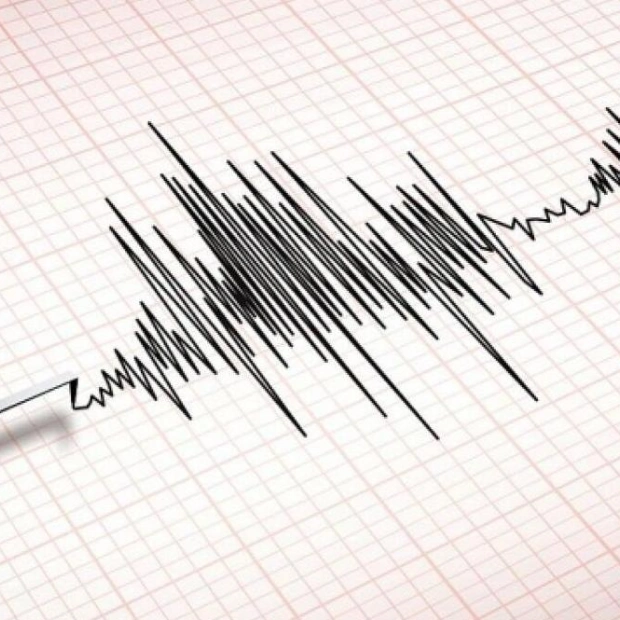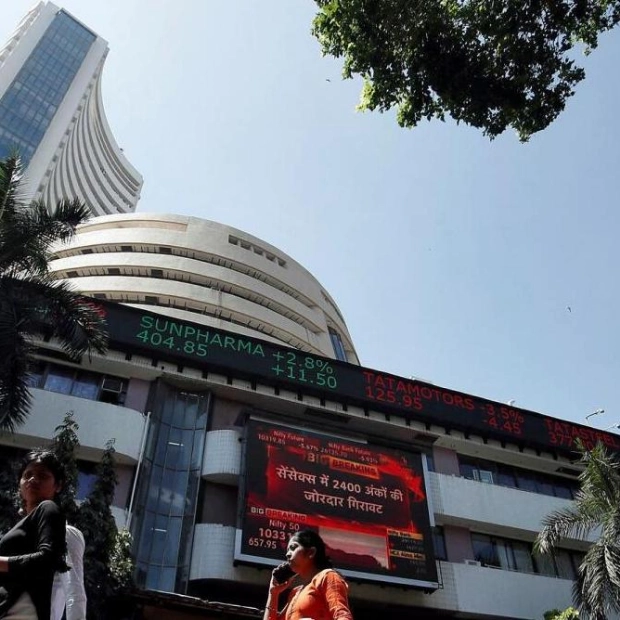On Tuesday, the government of Bangladesh declared a day of mourning for the victims of the recent nationwide violence, a gesture that students criticized as disrespectful towards their classmates who were killed during clashes with police this month.
The unrest, which erupted due to student protests against civil service job quotas, resulted in at least 206 deaths, including several police officers, according to an AFP tally based on police and hospital data. These clashes marked some of the most severe during Prime Minister Sheikh Hasina's 15-year tenure. However, her government has largely re-established order through mass arrests, troop deployments, and a temporary nationwide internet shutdown, which was lifted on Sunday.
The government announced that prayers would be held in mosques across the country to commemorate the violence, destruction of government buildings, and 'terrorist activities' that occurred during the peak of the unrest. Yet, Students Against Discrimination, the group that initiated the protests, accused the government of trying to shift blame for the fatalities onto the police.
More than 10,000 individuals have been arrested following the unrest, a move criticized by rights groups for the extensive police action. Amnesty International described the mass arrest and arbitrary detention of student protesters as a witch hunt aimed at silencing dissent.
Hasina's government has implicated opposition parties, including the Islamist Jamaat-e-Islami, in hijacking the protests to foment chaos. Consequently, the ruling Awami League's general secretary, Obaidul Quader, announced a ban on Jamaat and its student wing, effective as early as Wednesday, due to their 'past and present activities'. Jamaat's leader, Shafiqur Rahman, condemned the ban as 'illegal, beyond jurisdiction, and anti-constitution'.
Despite the ongoing troop patrols and a nationwide curfew, which has been gradually relaxed since last week, the government appears confident in its control. The protests initially erupted over the reintroduction of a quota system that reserves over half of all government jobs for specific groups, a move that deeply distressed young graduates facing a severe jobs crisis.
The Supreme Court significantly reduced the number of reserved jobs following the unrest but did not fully address the protesters' demands to eliminate the most controversial aspects of the system. Prime Minister Hasina, who has been in power since 2009, faces accusations from rights groups of misusing state institutions to consolidate power and suppress dissent, including the extrajudicial killing of opposition activists.
The EU foreign policy chief, Josep Borrell, called for full accountability for the numerous instances of excessive and lethal force used by law enforcement authorities against protesters. Meanwhile, Home Minister Asaduzzaman Khan defended the security forces' actions, stating that they had operated with restraint but were forced to open fire to protect government buildings.






